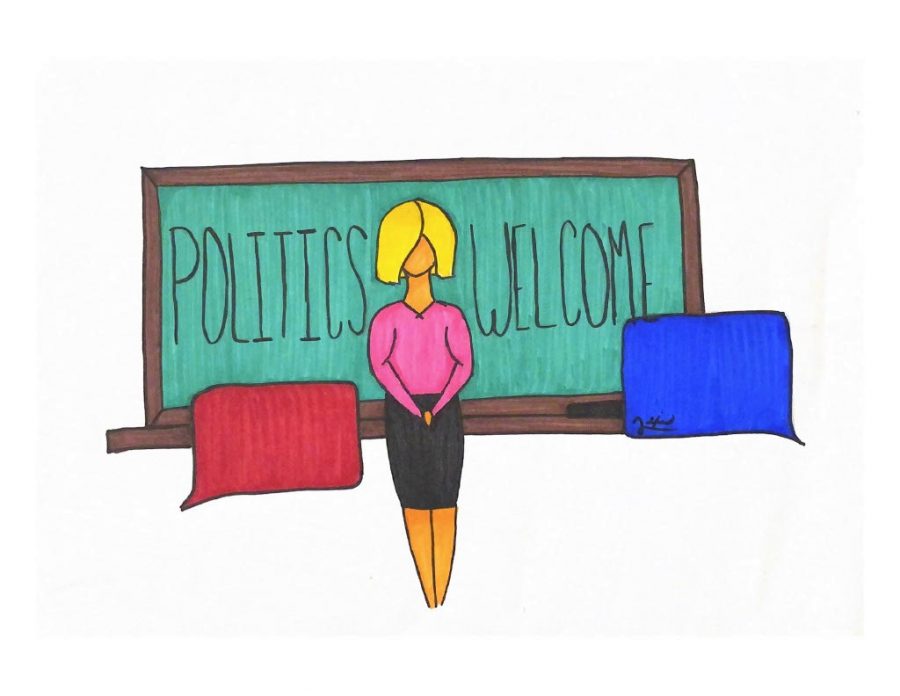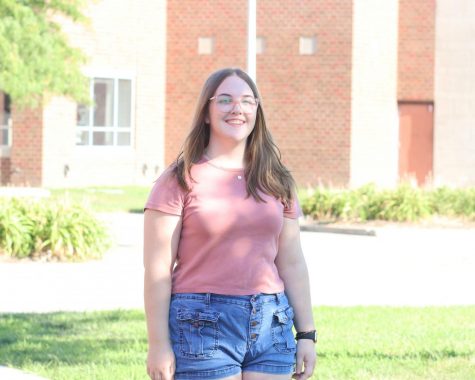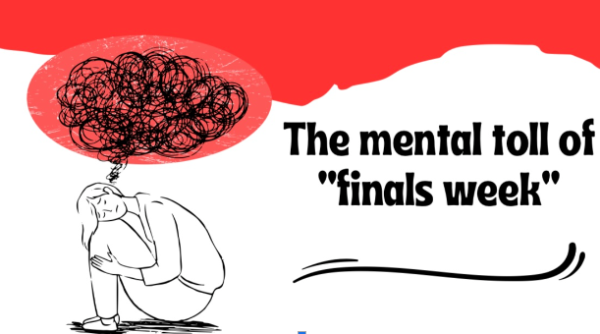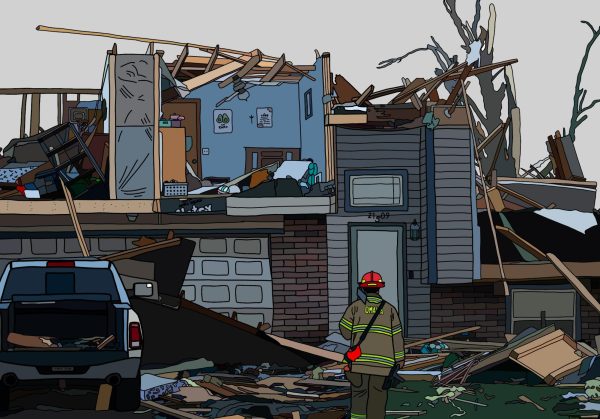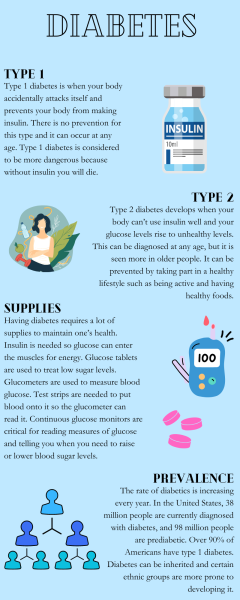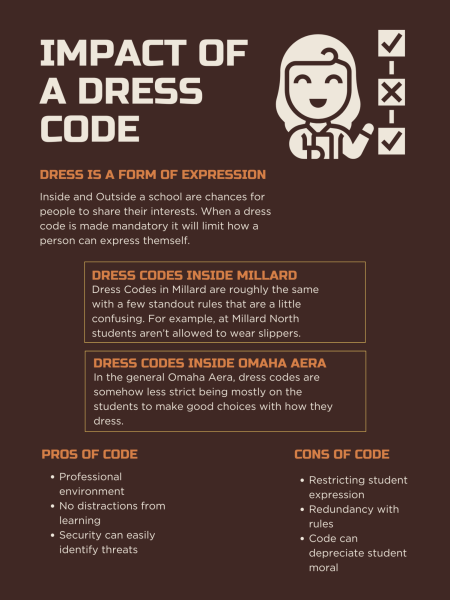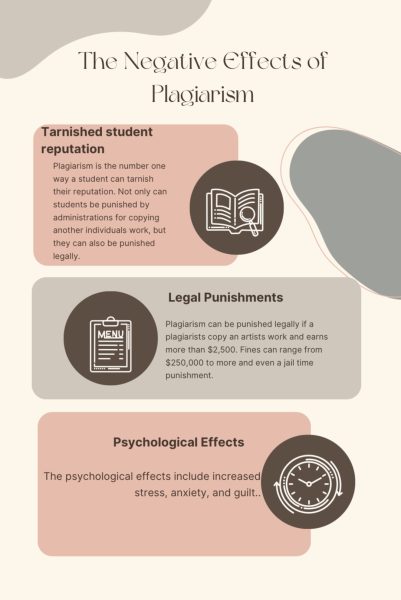The case for getting political in classrooms
Schools need to acknowledge current events
With adults as facilitators, political conversations can become opportunities for students to ask questions, process and see new perspectives on current events and issues.
October 14, 2020
2020 has brought a surge of political turbulence. With a global pandemic, a presidential election and fractured race relations, nobody is left unaffected by the chaos, including teens. Students want to have conversations about these issues, but this isn’t usually an option since any talk of politics in classrooms is strictly prohibited. Steering clear of politics seems like the rational choice, but is it?
Politics in education has always been a controversial issue. Politicians, teachers, administrators, students and parents alike have all debated where the line should be drawn regarding what is appropriate to discuss in the classroom. It’s an important line to draw, but as times have changed, it’s necessary to reevaluate exactly where we’ve drawn it. This is especially true as the definition of “political” seems to get broader every year. Labeling anything controversial as political has become a convenient excuse to avoid having difficult conversations in schools. Those difficult conversations, however, are valuable for students regardless of how “political” they are deemed to be.
The obsession with keeping politics out of schools is ironic considering that public schools are inherently political places. They are funded by government money and subject to government policies. Politics play a role in the curriculum students learn everyday. It plays a role in the stories that are told in textbooks and the stories that are left out. It plays a role in the access students have to resources in the classroom. Prohibiting students and faculty from discussing politics in schools doesn’t keep politics out of education; it ignores the fact that education is political.
Politics impact not only the schools, but also the people that attend them. As a teenager, I’ve been told countless times that things are different in “the real world” than they are in high school. Like every other student, I’ve been living in the real world my whole life, and I’m impacted by the problems of the real world. Students are not only aware of but also invested in all the hot-button issues of the political sphere: gun violence, healthcare, gender inequality, freedom of speech, student loans, climate change, inequality in the criminal justice system and more. To ignore politics in education is to pretend schools exist in a bubble unaffected by real-world problems.
Furthermore, all students, when they walk into a classroom, are affected by what America dubs as “political.” Young girls face the double standards of misogyny and the harassment culture that exists in schools everywhere. Black students face constant educational racism and stereotyping about how they should act or how their intelligence is interpreted. Disabled and mentally ill students face a system that doesn’t leave room for them, that teaches them they need to change themselves to accommodate everyone else.
All students, from elementary schoolers to high schoolers, need a space to process the issues they are affected by. School could become the safe environment for that to happen in. When classrooms are allowed to get “political,” students are given the space to listen to the lived experiences of other students, to share their ideas and to develop their own opinions. With teachers facilitating these discussions, students could form the confidence to express what they believe and why they believe it, but also to change their opinions or seek new perspectives on it. It can also help them form the language to articulate their concerns and question things that are happening in the government and society. School is the perfect place to have these conversations because students escape the echo chamber of their family and friends who likely think like them and have experiences that mirror theirs. They’re surrounded by people with different opinions who can challenge their view of the world.
While it is critical to expand the discussions allowed in the classroom, there also must be a line drawn in these conversations. Not all political issues are appropriate to talk about in schools, so there must be boundaries. Rules need to be set in place, especially when it comes to teachers sharing their own ideology with students. Teachers would benefit from training to establish these boundaries and learn how to effectively implement current events into their curriculums. Having political conversations doesn’t mean pushing students one way or the other but giving them the tools to process and unpack real-world issues.
Teachers shouldn’t be telling students which party to align with or walking into schools wearing shirts that advocate for their favorite political candidates. However, it’s time to acknowledge that everyone in a school building is impacted by things the school and society deem “political.” At a certain point, ignoring that does more harm than good.

